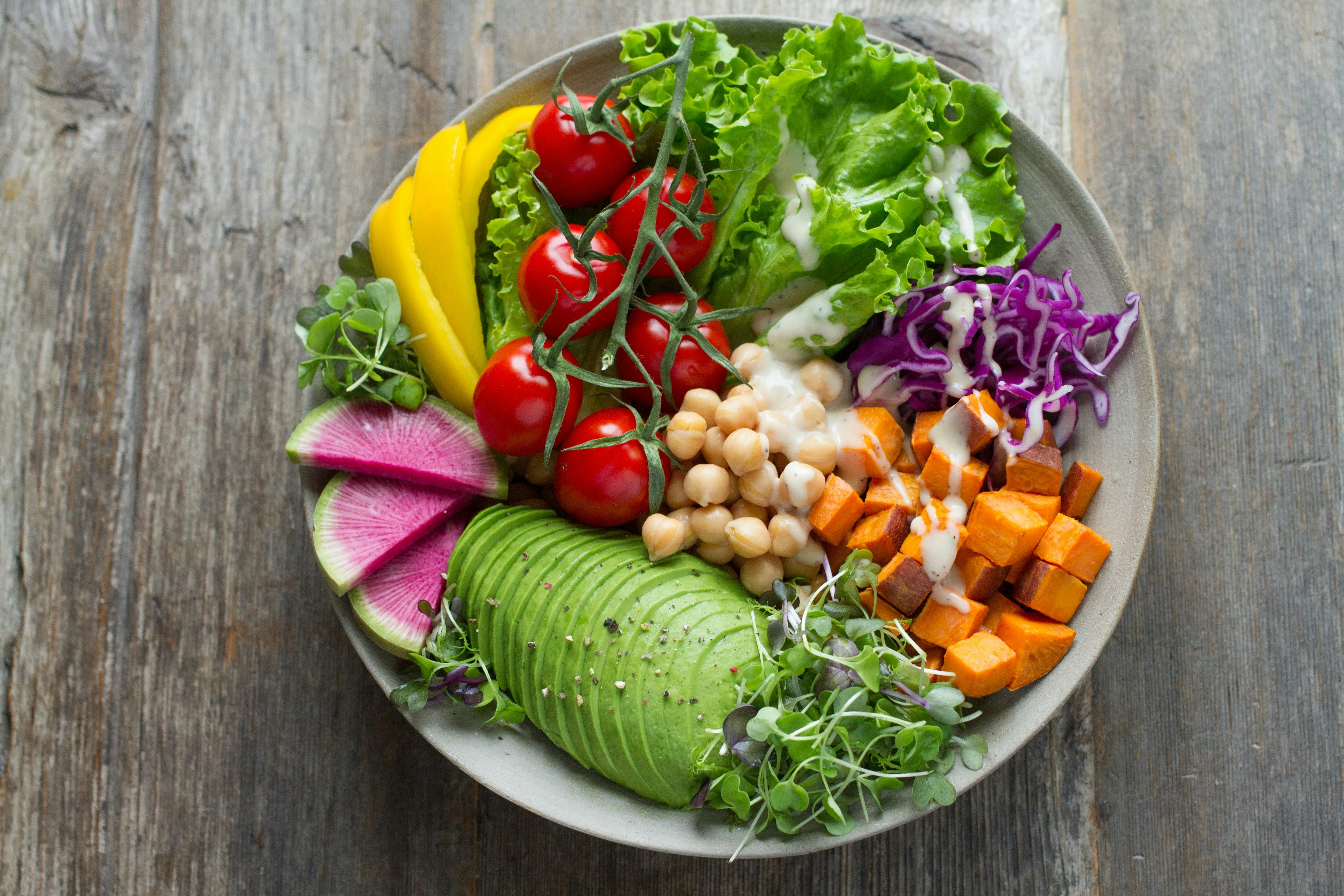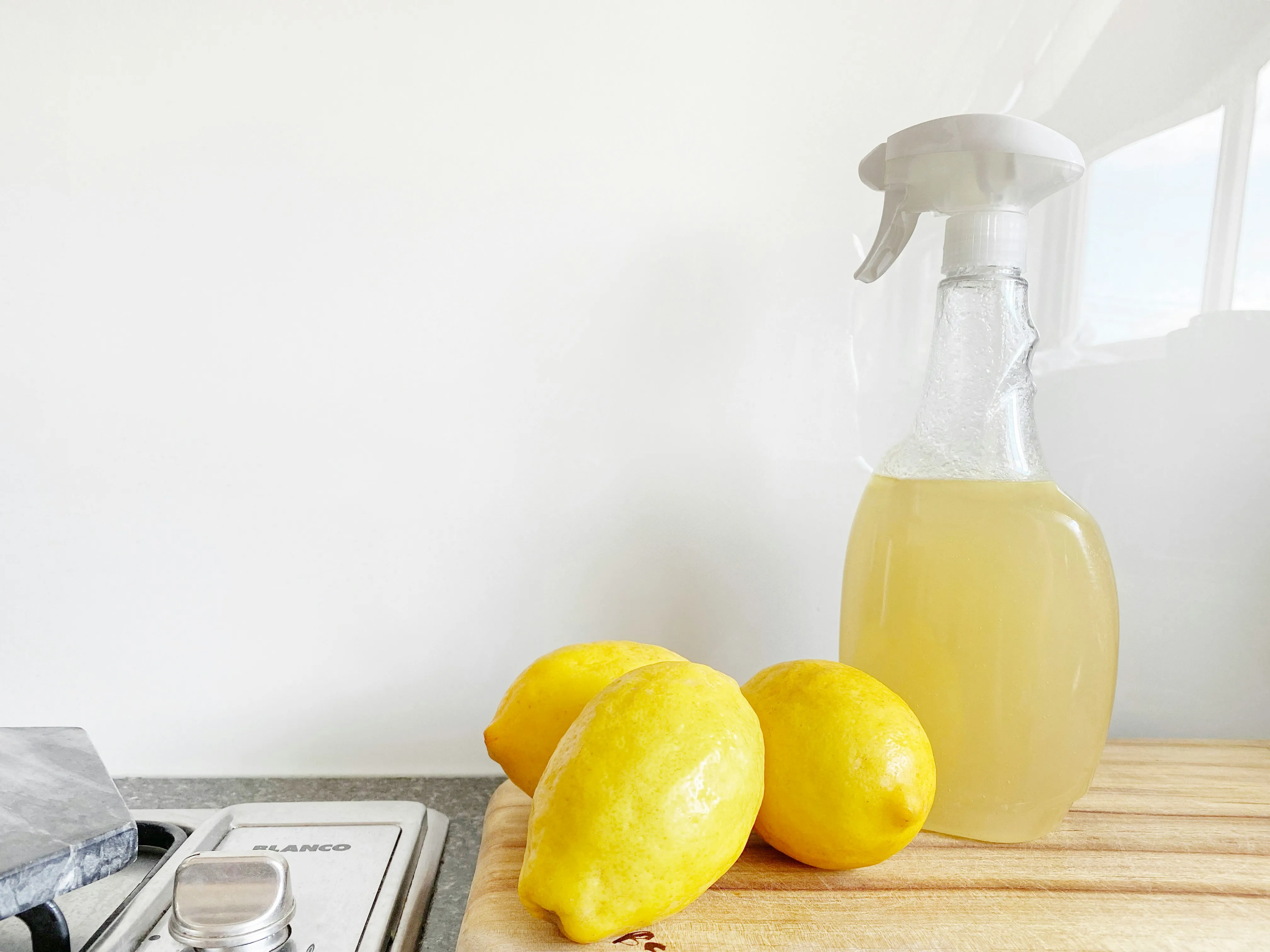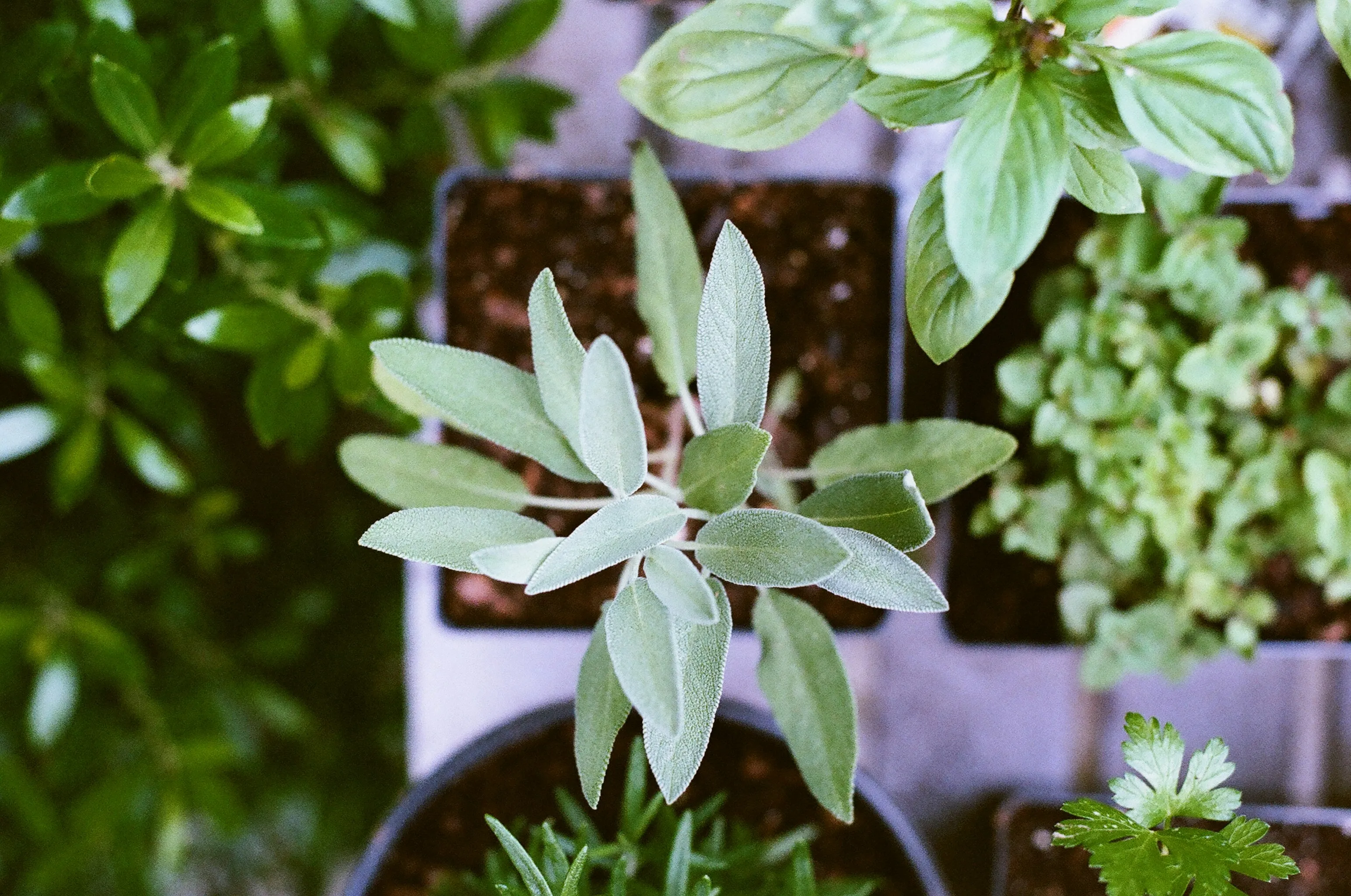Feed your family!
Putting food on the table of your family is a daily ritual. You do your groceries, prepare the meal, gather around the table and eat. But you wonder where your food comes from and how it impacts the world.
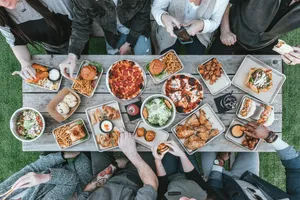
As a provider you want to take care of your family and cook delicious nutritious meals, so you can all enjoy quality time together at the dinner table, and it is one of those services you want to deliver each day with love. Sometimes you are short on time and grab a takeout or have food delivered at home which is understandable. You do however, as with many aspects in your life, want to see where you could make changes in your habits to reduce your impact on the climate while still providing that quality meal and spending time with your family.
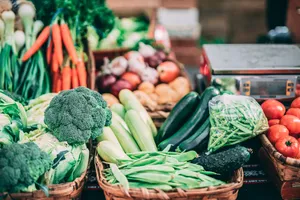
Groceries
Food, at this moment, is still plentiful available in the supermarkets. You get to take a pick from fantastic produce from all over the world. At the supermarket we pick meals on how fancy and exotic they are without giving it a thought what it took to get that produce in the stores. It has to be flown, shipped or trucked into the country and then distributed through the supermarkets.
Also greenhouses are able to produce fruits and vegetables year round, so you can have those strawberries in winter. That costs a lot of energy to produce and the transport also adds to a large carbon footprint.
Enjoy your food
So how can you enjoy your nutritious meals but lower the carbon footprint that went along with that?
Well the easiest one is to reduce your trips to the supermarket. Buy what you need for a week instead of going daily to the supermarket. Learn recipes that use the same ingredients, but with spices and herbs have a totally different taste. Be creative!
When making that shopping list, think about what vegetables and fruits are in season. That is when they taste the best and do not need to grow in a greenhouse environment.
Look if there is a farmers market in your area and buy from your local farmers. You help them out, as they can not compete with the big supermarkets, you get to meet them and learn from them how they take care of their crop.
A big elephant in the room is the consumption of Meat.
Yes it takes a lot of resources to raise cattle or other types of meat, but it is also a big part of our diet. If you can, buy high quality meat(organically raised) and try to reduce the times you eat meat in a week. Have an occasional Tofu Thursday or meatless monday. There are so many alternatives and just give it a try.
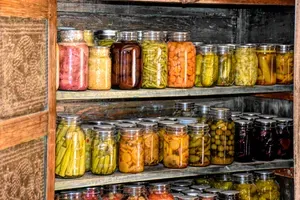
Be mindful of food waste. Use all the food you bought. I read somewhere that an average family wastes food that is worth around $ 2275 yearly. Besides that it hurts reading that, it also hurts your family wallet. What could you have done with that money? Learn how to get the most out of your produce and learn ways to preserve your food for a longer time like canning it or pickling your food. If you are interested in preserving food and learn more about lost superfood, this might be interesting to you:
It teaches about preserving techniques and how to keep food without having to use a refrigerator. It also helps you to be more self-sufficient and if worse comes to worse you will learn how to keep your family fed if a crisis might occur. With high gas prices and raising inflation that is a skill that could be life saving to keep your family fed.
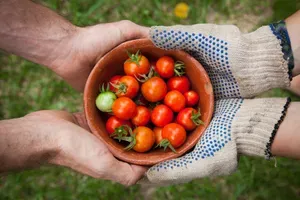
Grow your own
Besides preserving the food you bought, it is also a thought to start growing your own food. Even on a balcony you can start growing tomatoes or herbs or even potatoes in an old trash bin. It is also fun to do with your kids. They learn first hand how nature works and are even more inclined to try the fruit and vegetables that they grew themselves.
You know what soil you used and what type of (organical) fertilizer you used to grow your fruits and vegetables. You can start making your own compost of the plants that you can use with new plants. Growing your own fruits and vegetables also helps you to be more self-sufficient. Maybe you have a big garden and then you can even have some chickens to get that fresh egg in the mornings.
If you are interested in growing your own food, why not take a look at a previous blog on this site or learn more with organic gardening practicality
It teaches you how to grow your food organically and provide that nutritious tasty food to your family!
Hopefully you have found inspiration to look at your food habits and see some ways to reduce your carbon footprint. Have fun implementing small changes. Those small changes will add up quickly.
If you liked this blog, let us know and why not even subscribe to our newsletter, so you will be the first to know about news ways how you can contribute to a healthier earth.

